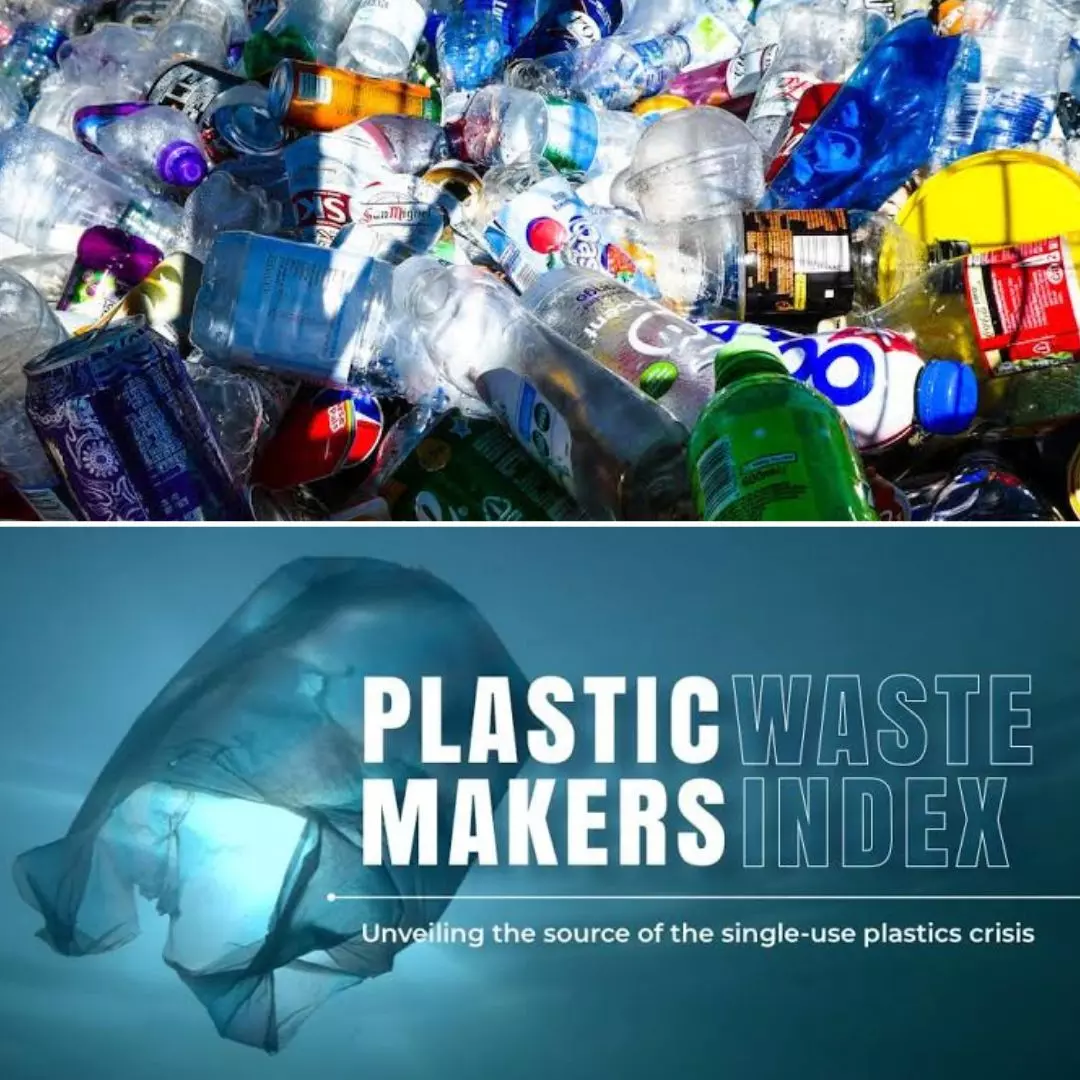
Image Credits: Source Of Plastic waste, Unsplash
Single-Use Plastic Waste Rose By 6 Mn Tonnes Despite Bans & Regulations, Reveals Study
Writer: Laxmi Mohan Kumar
She is an aspiring journalist in the process of learning and unlearning many things. Always up for discussions on everything from popular culture to politics.
Others/World, 7 Feb 2023 10:14 AM GMT
Editor : Jayali Wavhal |
She writes about gender issues, human interest, and environment.
Creatives : Laxmi Mohan Kumar
She is an aspiring journalist in the process of learning and unlearning many things. Always up for discussions on everything from popular culture to politics.
As of 2022, at least 98 countries have enforced bans on single-use plastic on varying degrees of enforcement. Many of these bans failed to translate into action as companies continue to contribute to the piling up of plastic waste.
Globally people were phasing out from the usage of single-use plastic with the ban imposed on the material. While the bags are a convenient, cheap, and hygienic way of transporting items, the long-term problems associated with them are vast. It takes at least 1,000 years for a plastic bag to degrade in a landfill. As the bags don't break down completely, they instead photo-degrade into microplastics that absorb toxins and continue to pollute the environment.
Having understood the severe impact single-use plastic leaves on the environment, many countries made it a point to restrict the use of lightweight plastic bags, commonly made from low-density polyethylene (LDPE) plastic. In 2002, the Bangladesh government became the first to impose a total ban on lightweight plastic bags. Between the years 2010 and 2019, the number of public policies brought about worldwide in regard to plastic carryout bags tripled. As of 2022, at least 98 countries have enforced bans on varying degrees of enforcement.
However, a new research points toward worrying data that conveys that very little progress has been made to tackle the problem. According to the study, polluting single-use plastic production rose by about six million tonnes per year from 2019 to 2021, despite tougher regulations being implemented worldwide.
Waste-Makers Thrive Despite Bans
Single-use plastics have emerged as one of the most pressing environmental threats, with vast amounts of plastic waste being left behind in landfills or dumped untreated in rivers and oceans. Along with choking the ecosystem, the manufacturing process in itself contributes as a major source of greenhouse gases. This prompted several governments to adopt strict measures against the usage of single-use plastic.
Despite these measures and regulations, polluting single-use plastic production rose by about six million tonnes per year from 2019 to 2021. The worrying data was revealed by a study titled "Plastic Waste Makers Index," published by Australia's Minderoo Foundation. They shed light on the fact that producers made very little progress in tackling the problem and boosting recycling, but plastic waste growth has been slowed down in recent times.
However, the production of single-use plastic from "virgin" fossil fuel sources is still nowhere near its peak, and the use of recycled feedstocks remains "at best a marginal activity." They were of the opinion that the plastic waste crisis would get significantly worse before an absolute year-on-year decline is noticed in virgin single-use plastic consumption. An example of this is China and its rapid growth in global plastic demand over the past 15 years. Despite high-profile bans and strict regulations on some single-use products, the country accounted for half of the 15 million tonnes of new capacity that built up from 2019 to 2021.
Five-Year Plans VS Growing Industries
Among the companies that notably contributed to plastic waste were Exxon Mobil and China's Sinopec. Exxon Mobil topped the list of global petrochemical companies producing virgin polymers used in single-use plastics. Sinopec also leads the charts by having built new production facilities over the years, with more than five million tonnes of annual capacity planned.
This was quite a backlash on China's "five-year plan" proposed last year to tackle plastic production. According to a report by The Hindu, the government had aimed to cut down the production and usage of single-use plastics and entirely ban some products. China's production growth is expected to slow down, but it still accounts for half of the top 20 companies planning to increase their virgin polymer capacity up to 2027. With leading industries expanding their capacities and contributing to the piling plastic waste, the government's would have to adopt measures with a similar intensity to ensure that regulations are implemented and resolved.
 All section
All section














